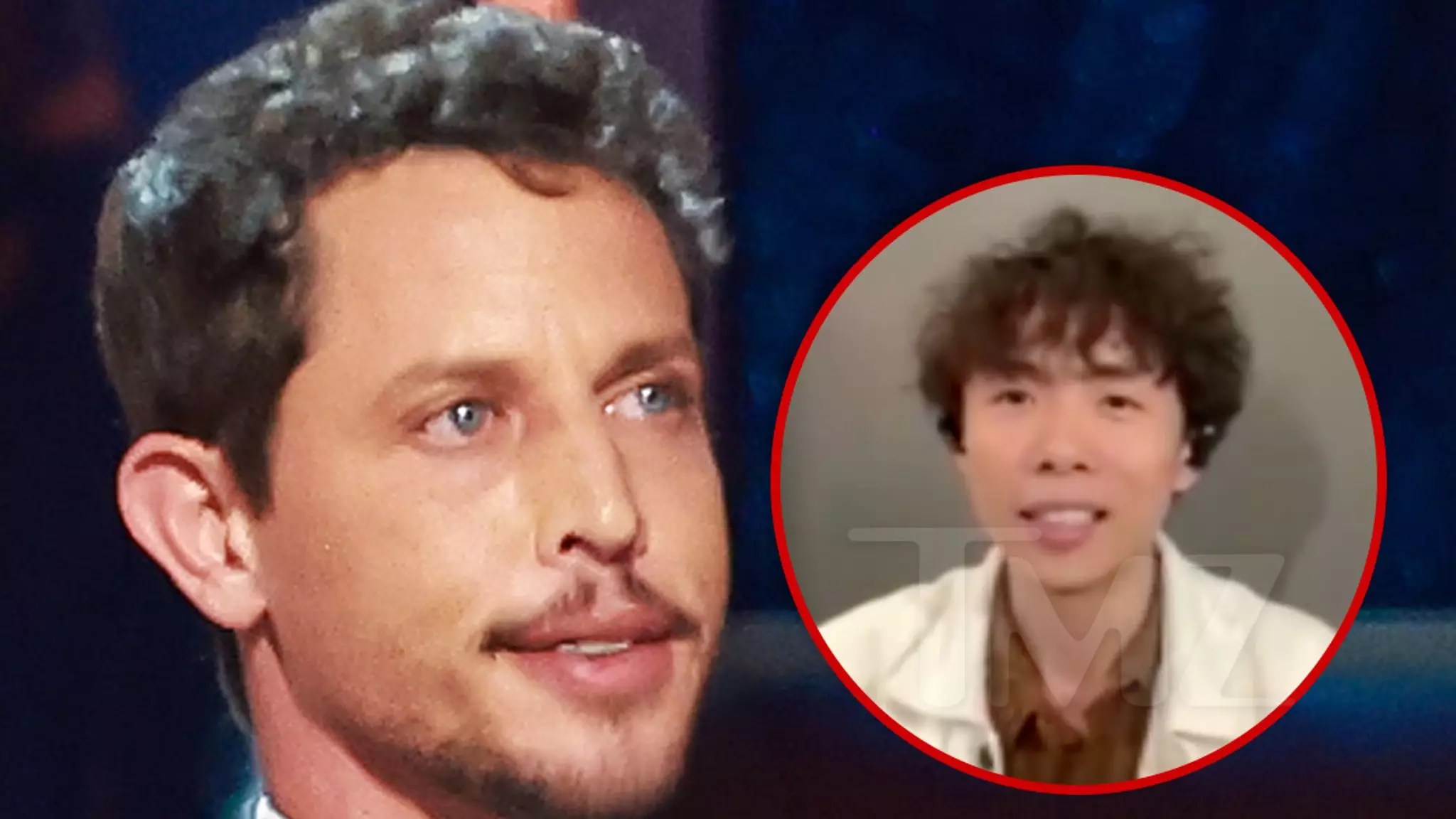In recent months, the landscape of comedy has been scrutinized more than ever, particularly when it comes to racially charged jokes. A notable instance occurred when comedian Tony Hinchcliffe made a derogatory remark about Puerto Rico during a rally attended by Donald Trump. This incident has ignited a firestorm of criticism, with many wondering if there is a limit to comedic expression, especially when the content is rooted in insensitivity.
Hinchcliffe’s jab, which he labeled humor, was swiftly condemned by the public, leading to significant backlash. As outrage simmered, comedians and public figures weighed in on the conversation, including Peng Dang. Drawing from his own experience with Hinchcliffe’s past derogatory comments, Dang expressed a mixture of disappointment and resignation. He indicated that he was not surprised by Hinchcliffe’s behavior, highlighting a pattern in the latter’s comedy which often leans towards the offensive.
Personal Experiences Shaping Perspectives
For comedians like Dang, experiences with racially charged humor shape both personal and professional narratives. The wounds from past attacks linger long after the laughter fades. Dang recounted a three-year-old incident in which Hinchcliffe engaged in a discriminatory rant directed at him. The fallout was substantial, costing Hinchcliffe his representation at the time. This past informs Dang’s analysis of Hinchcliffe’s recent remarks, revealing how the comedian’s approach to humor often risks crossing moral boundaries.
While some may view Hinchcliffe’s comedic style as a reflection of free speech, it also raises pressing questions about responsibility in comedy. With the rise of social media, every joke is now subject to instant public scrutiny, and perpetrators of offensive humor must navigate the treacherous waters of “cancel culture.” Dang’s criticisms reveal an awareness of this cultural evolution, suggesting that audiences are less inclined to accept humor that demeans marginalized communities.
The Ripple Effects of Inappropriate Humor
Further complicating this conversation is the reaction from other public figures. In the wake of Hinchcliffe’s controversial joke, several high-profile celebrities, including Selena Gomez and Bad Bunny, voiced their condemnation. Their responses underscore how interconnected celebrity actions and societal perceptions continue to be. The fact that even members of Trump’s base could not defend the joke indicates a broader cultural shift—one in which offensive humor, often dismissed as mere comedy, is facing increasing resistance.
Hinchcliffe’s reckless humor came at a high cost. The fallout reveals just how crucial it is for comedians to be mindful of their jokes and the potential implications of their words. With the internet serving as an archive of these moments, they follow comedians long into their careers, shaping public perception and career opportunities alike.
As the entertainment industry becomes increasingly aware of the damage caused by careless humor, the future of comedy is undoubtedly at a crossroads. Comedians must weigh their motives against societal norms and the ever-growing backlash against offensive humor. In a world ripe for change, performers like Tony Hinchcliffe will need to decide whether to continue down a path of controversy or evolve their comedy to reflect a more respectful and inclusive dialogue. The cost of their decisions could shape the comedy landscape for generations to come.







Leave a Reply